Check4ECO
Energy-Efficient Improvements to Homes
Check if you're eligible for a Government grant
If you own/rent a property that is heated with electricity and receive income-related benefits you are very likely to qualify for a government grant.
- You are a Homeowner, Landlord or a Private Tenant
- You receive income-related benefits
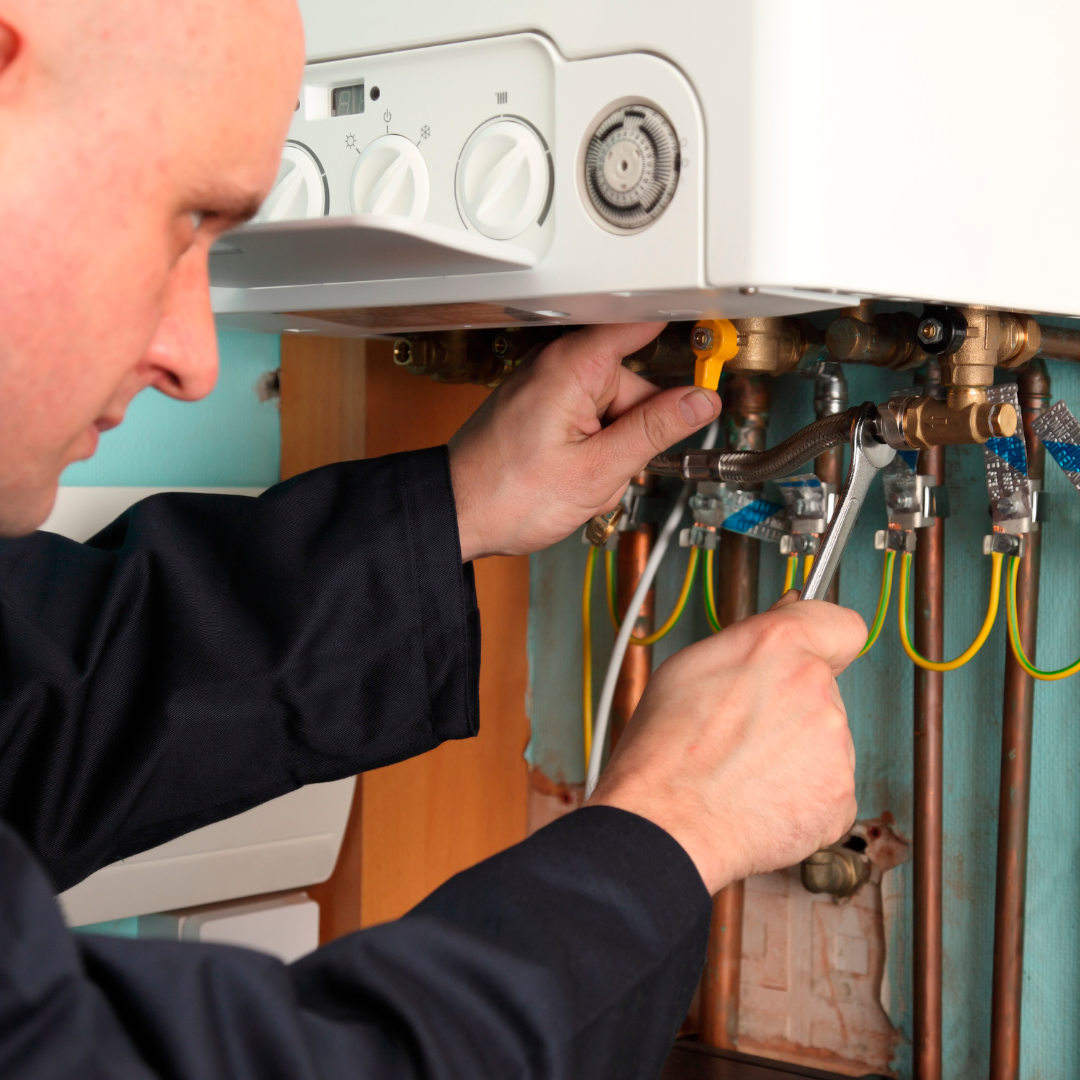
GOVERNMENT BACKED ECO4 SCHEME
The ECO4 scheme is the fourth phase of the Energy Company Obligation (ECO), a government-funded program that aims to improve the energy efficiency of homes in Great Britain. The scheme is worth £4 billion and runs from April 2022 to March 2026.
The ECO4 scheme targets low-income households and those who are vulnerable to fuel poverty. Eligible households can receive free or heavily discounted energy-efficiency measures, such as:
- Loft insulation
- Cavity wall insulation
- Double or triple glazing
- Air source heat pumps
- Boiler upgrades
To be eligible for the ECO4 scheme, households must meet certain criteria, such as:
- Having an Energy Performance Certificate (EPC) rating of D or below
- Living in a property that is occupied as a main residence
- Having an income that is below certain thresholds
- Being in receipt of certain benefits
The ECO4 scheme is administered by Ofgem, the energy regulator for Great Britain. You can find more information about the scheme on the Ofgem website.
Here are some of the key features of the ECO4 scheme:
- It is a government-funded program.
- It targets low-income households and those who are vulnerable to fuel poverty.
- Eligible households can receive free or heavily discounted energy-efficiency measures.
- The scheme is worth £4 billion and runs from April 2022 to March 2026.
If you think you might be eligible for the ECO4 scheme, you should contact us or click here. We will be able to tell you more about the scheme and how to apply.
ECO4 Cavity Wall Insulation
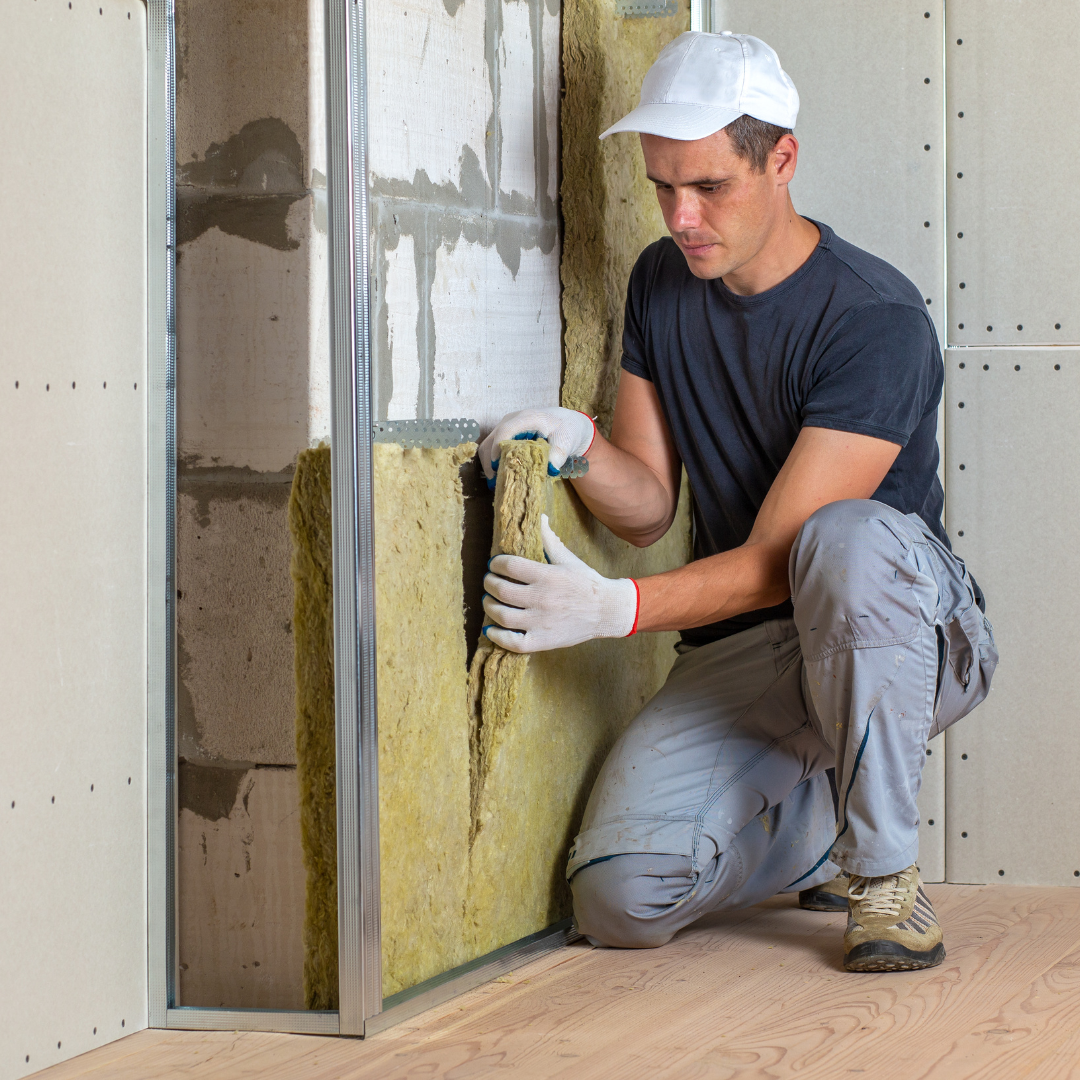
Cavity wall insulation is a way to improve the energy efficiency of a building by filling the cavity between the inner and outer walls with an insulating material. This can help to reduce heat loss and improve the comfort of the building.
There are two main types of cavity wall insulation: external and internal. External cavity wall insulation is the most common type and involves drilling holes in the outer wall and injecting the insulation material into the cavity. Internal cavity wall insulation is less common and involves installing insulation boards on the inside of the inner wall.
The benefits of cavity wall insulation include:
- Reduced heat loss: Cavity wall insulation can help to reduce heat loss by up to 25%, which can lead to lower energy bills.
- Improved soundproofing: Cavity wall insulation can also help to improve soundproofing by absorbing sound waves.
- Increased lifespan of the building: Cavity wall insulation can help to protect the building from the elements, such as wind and rain.
ECO4 Roof and Loft insulation
Roof and loft insulation is a way to improve the energy efficiency of a building by trapping heat in the roof space. This can help to reduce heat loss and improve the comfort of the building.
There are two main types of roof and loft insulation:
- Roof insulation: This is installed between the roof joists. It can be made of a variety of materials, including fiberglass, rockwool, or cellulose.
- Loft insulation: This is installed in the loft space. It can be made of the same materials as roof insulation.
The benefits of roof and loft insulation include:
- Reduced heat loss: Roof and loft insulation can help to reduce heat loss by up to 25%, which can lead to lower energy bills.
- Improved comfort: Roof and loft insulation can help to keep your home warmer in the winter and cooler in the summer, making it more comfortable to live in.
- Increased lifespan of the roof: Roof and loft insulation can help to protect the roof from the elements, such as wind and rain. This can help to extend the lifespan of the roof.
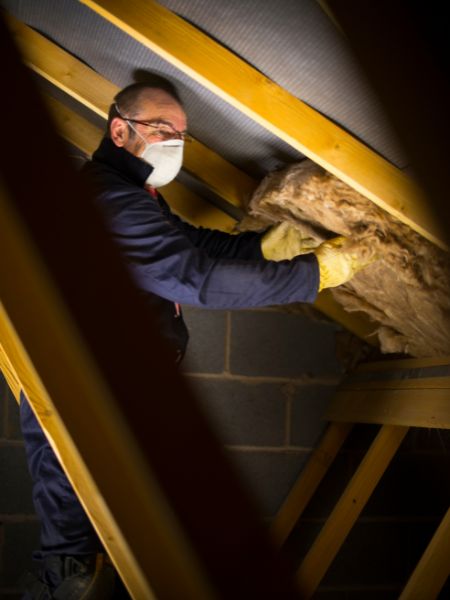
ECO4 Boiler Upgrades
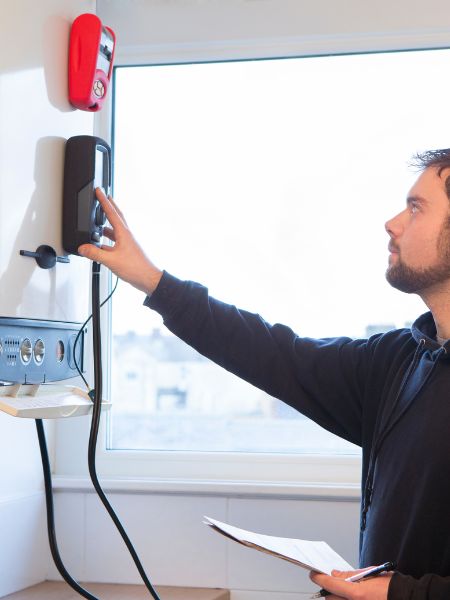
Boiler upgrades are the replacement of an old boiler with a newer, more efficient model. This can help to reduce energy bills and emissions.
There are many different types of boilers available, each with its own advantages and disadvantages. Some of the most common types of boilers include:
Gas boilers: Gas boilers are the most common type of boiler in the UK. They are relatively efficient and affordable to operate.
Electric boilers: Electric boilers are the least common type of boiler, but they are becoming more popular due to their environmental benefits.
Hybrid boilers: Hybrid boilers combine a gas or oil boiler with a heat pump. This can help to improve efficiency and reduce emissions.
Here are some of the benefits of boiler upgrades:
- Reduced energy bills: A more efficient boiler will use less energy, which can lead to lower energy bills.
- Improved comfort: A newer boiler is likely to be more efficient and therefore provide better heating.
- Increased lifespan: A newer boiler is likely to have a longer lifespan than an older boiler.
- Reduced emissions: A newer boiler is likely to produce fewer emissions, which can help to improve air quality.
ECO4 Solar Panels
Under the ECO4 scheme, you may be eligible for free solar panel installation if your home is electrically heated and you do not have a biomass boiler or district heating system. You will either be asked to make a small contribution to your new solar system or it will be installed completely free of charge, depending on your qualifying factors.
To be eligible for the ECO4 solar panel grant, you must:
- Own or rent your home
- Have an annual income of less than £30,000 (single person) or £40,000 (couple)
- Be in receipt of certain benefits, such as Universal Credit or Pension Credit
- Have a suitable roof for solar panels
The number of solar panels you need for a 4kW system will depend on the efficiency of the panels and the amount of sunlight your roof receives. In general, you will need around 16 solar panels for a 4kW system.
If you are eligible for the ECO4 solar panel grant, you could get a free or heavily discounted solar system. This is a great opportunity to save money on your energy bills and reduce your carbon footprint.
It is important to do your research and contact us and we’re here to help you.

ECO4 Draught-Proofing
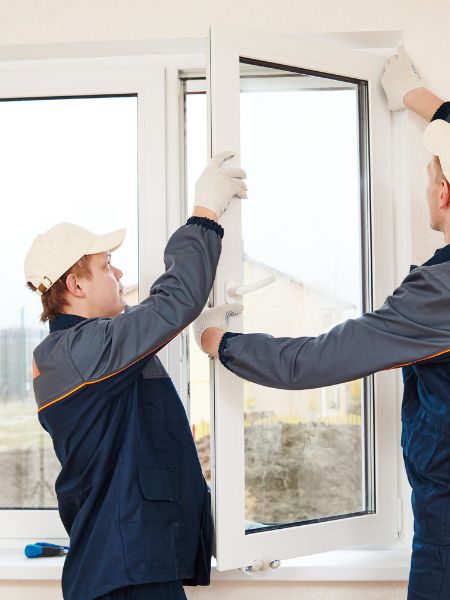
Draught-proofing is the process of sealing up any gaps or cracks in your home that allow cold air to enter. This can help to reduce heat loss and improve the energy efficiency of your home.
There are many different ways to draught-proof your home. Some common methods include:
- Sealing gaps around doors and windows: This can be done with caulk, weatherstripping, or door sweeps.
- Insulating your loft: This can help to prevent heat from escaping through the roof.
- Installing draught excluders: These are small, flexible strips that fit under doors to prevent air from seeping through.
- Sealing gaps around pipes: This can help to prevent heat from escaping through pipes.
- Installing double glazing: This can help to reduce heat loss through windows.
Draught-proofing can be a relatively inexpensive way to improve the energy efficiency of your home. It can also help to reduce your energy bills and make your home more comfortable.
If you are considering draught-proofing your home, it is important to get quotes from us.
Our Services
If you want to reduce your carbon emissions and keep your energy bills low, installing insulation or draught-proofing will reduce heat loss.
Benefits of ECO4
Like its predecessors (ECO, ECO2, ECO3), is designed to tackle fuel poverty and reduce carbon emissions by offering grants and support for energy-efficient improvements to homes. The scheme can offer advantages for both on-grid and off-grid households. Here’s a list of benefits to consider for each:
Benefits of ECO4 for On-Grid Households:
- Reduced Energy Bills: Energy-efficient upgrades, such as insulation or boiler replacements, can significantly reduce heating costs.
- Enhanced Home Comfort: Proper insulation can make homes warmer in winter and cooler in summer.
- Lower Carbon Footprint: Energy-efficient measures mean less energy is needed, reducing carbon emissions for on-grid homes.
- Increased Property Value: Homes that are more energy-efficient can attract higher property values.
- Reduced Strain on the Energy Grid: As more homes become energy-efficient, the overall demand on the national energy grid decreases.
- Health Benefits: Living in a well-insulated and efficiently heated home can reduce risks of health issues associated with cold and dampness.
- Access to Advanced Technologies: The scheme might provide access to newer energy-efficient technologies that a homeowner might not have considered or afforded otherwise.
Benefits of ECO4 for Off-Grid Households:
- Greater Energy Independence: Off-grid homes often rely on stored energy or alternative sources. Energy-efficient measures can make these resources last longer.
- Savings on Fuel: For homes that use oil or other fuels for heating, energy efficiency can mean using less fuel and saving money.
- Resilience in Energy Shortages: In situations where fuel delivery or energy generation is disrupted, an energy-efficient home can maintain comfort for longer.
- Extended Lifespan of Off-Grid Systems: Less strain on off-grid systems, like generators or solar panels, can mean a longer lifespan for these assets.
- Environmental Impact: Even if off the main grid, using less fuel or generating less waste has positive environmental implications.
- Health Benefits: Similar to on-grid homes, a properly insulated and heated off-grid home can mitigate health risks.
- Potential for Easier Transition: For those considering moving off-grid or integrating renewable sources, having an energy-efficient home can make the transition smoother.
Do I qualify?
If you receive any of the following benefits, it’s highly likely that you will qualify for an ECO4 grant

To qualify for the ECO4 grant, you must meet the following criteria:
- You must be a homeowner or private tenant in England, Wales or Scotland.
- You must be on certain benefits, including:
- Income-related Employment and Support Allowance (ESA)
- Income Support
- Universal Credit
- Pension Credit Guarantee Credit
- Child Tax Credit
- Working Tax Credit
- Your home must have an Energy Performance Certificate (EPC) rating of D, E, F or G.
- You must have a cavity wall.
The ECO4 grant is available for a range of energy efficiency measures, including:
- Cavity wall insulation
- Solid wall insulation
- Air source heat pumps
- Boilers
- Solar panels
- Draught proofing
- Window insulation
The amount of the grant you receive will depend on the type of measure you choose and your income. For example, you can get up to £5,000 for cavity wall insulation if you are on Universal Credit.
To apply for the ECO4 grant, you will need to contact us. We will be able to assess your eligibility and help you apply for the grant.